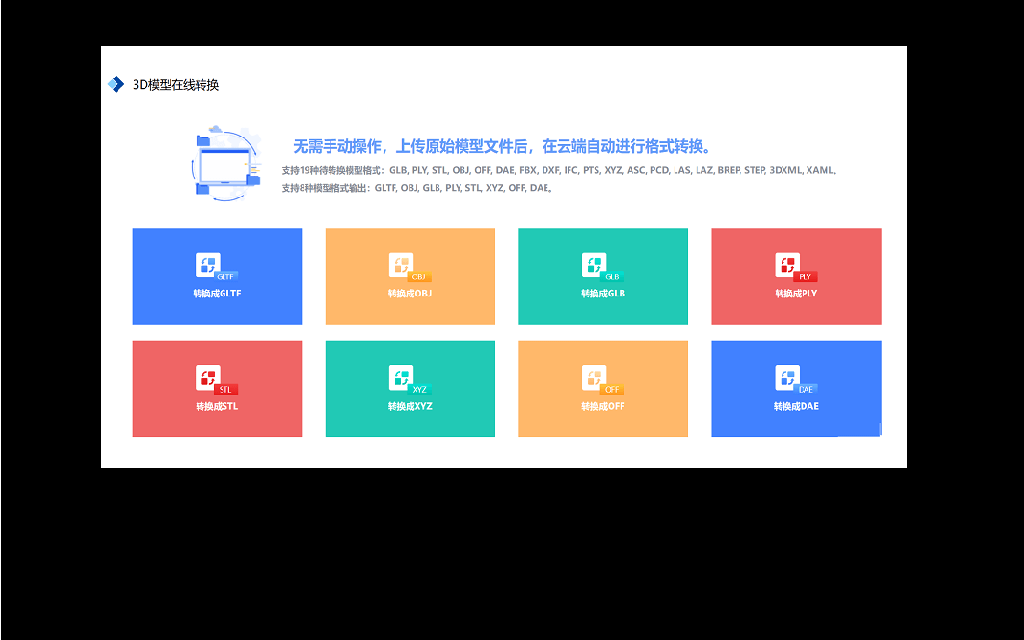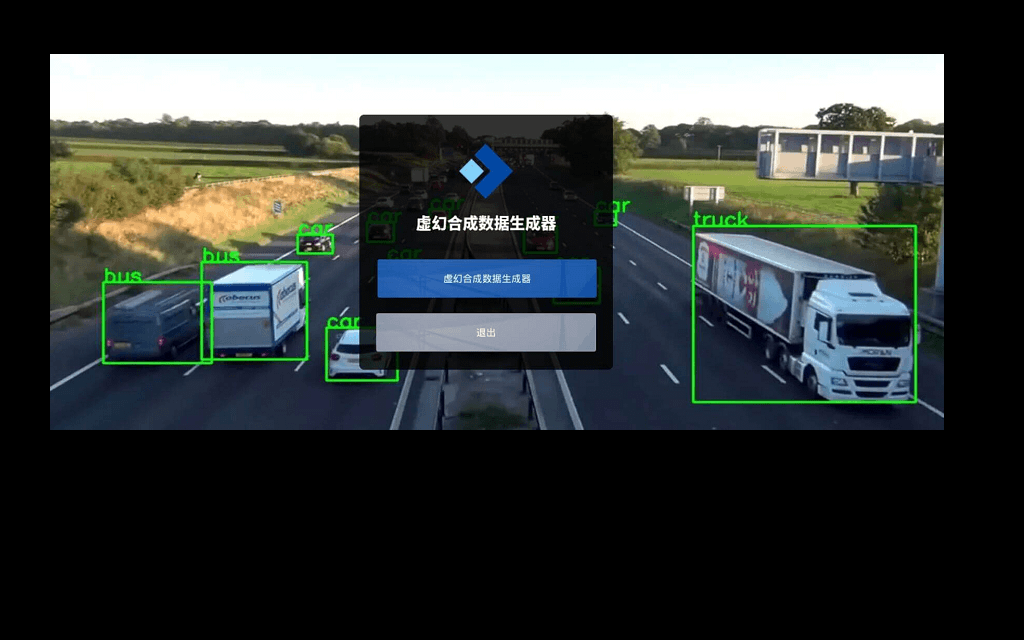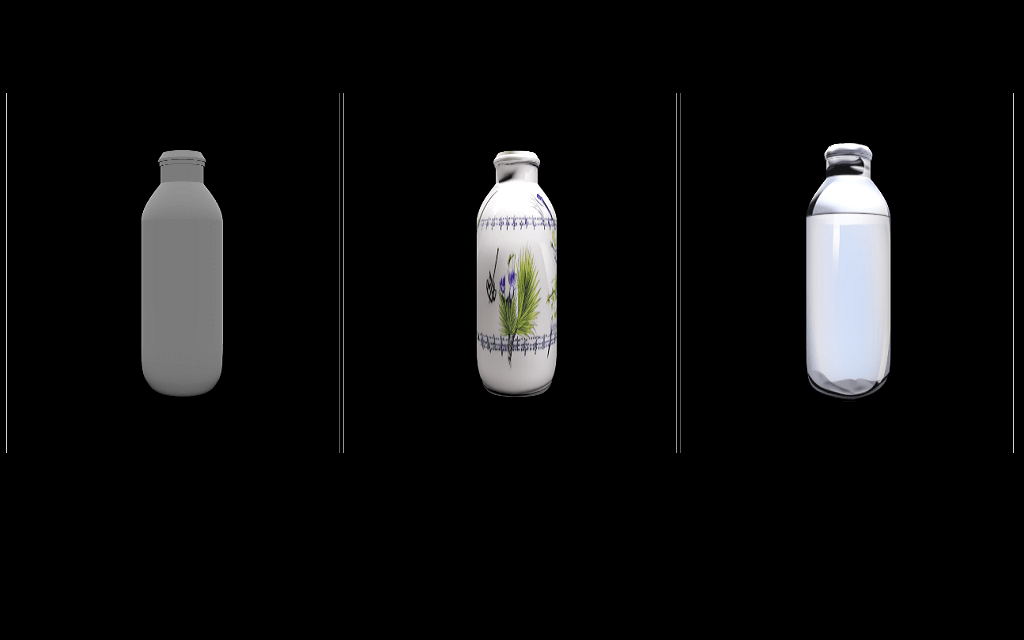Wav2Vec2-Base-100h
This is a fork of facebook/wav2vec2-base-100h
Changes & Notes
- Document reproducible evaluation (below) to new transformer and datasets version.
- Use batch size of 1 to reproduce results.
- Validated with
transformers v4.15.0,datasets 1.18.0 - You may need to manually install pypkg
librosa,jiwer
Evaluation
This code snippet shows how to evaluate facebook/wav2vec2-base-100h on LibriSpeech's "clean" and "other" test data.
from datasets import load_dataset
from transformers import Wav2Vec2ForCTC, Wav2Vec2Processor
import soundfile as sf
import torch
from jiwer import wer
librispeech_eval = load_dataset("librispeech_asr", "clean", split="test")
# librispeech_eval = load_dataset("librispeech_asr", "other", split="test")
model = Wav2Vec2ForCTC.from_pretrained("facebook/wav2vec2-base-100h").to("cuda")
processor = Wav2Vec2Processor.from_pretrained("facebook/wav2vec2-base-100h")
def map_to_array(batch):
# speech, _ = sf.read(batch["file"])
# batch["speech"] = speech
batch["speech"] = batch['audio']['array']
return batch
librispeech_eval = librispeech_eval.map(map_to_array)
def map_to_pred(batch):
input_values = processor(batch["speech"], return_tensors="pt", padding="longest").input_values
with torch.no_grad():
logits = model(input_values.to("cuda")).logits
predicted_ids = torch.argmax(logits, dim=-1)
transcription = processor.batch_decode(predicted_ids)
batch["transcription"] = transcription
return batch
result = librispeech_eval.map(map_to_pred, batched=True, batch_size=1, remove_columns=["speech"])
print("WER:", wer(result["text"], result["transcription"]))
Result (WER):
| "clean/test" | "other/test" |
|---|---|
| 6.1 | 13.5 |


